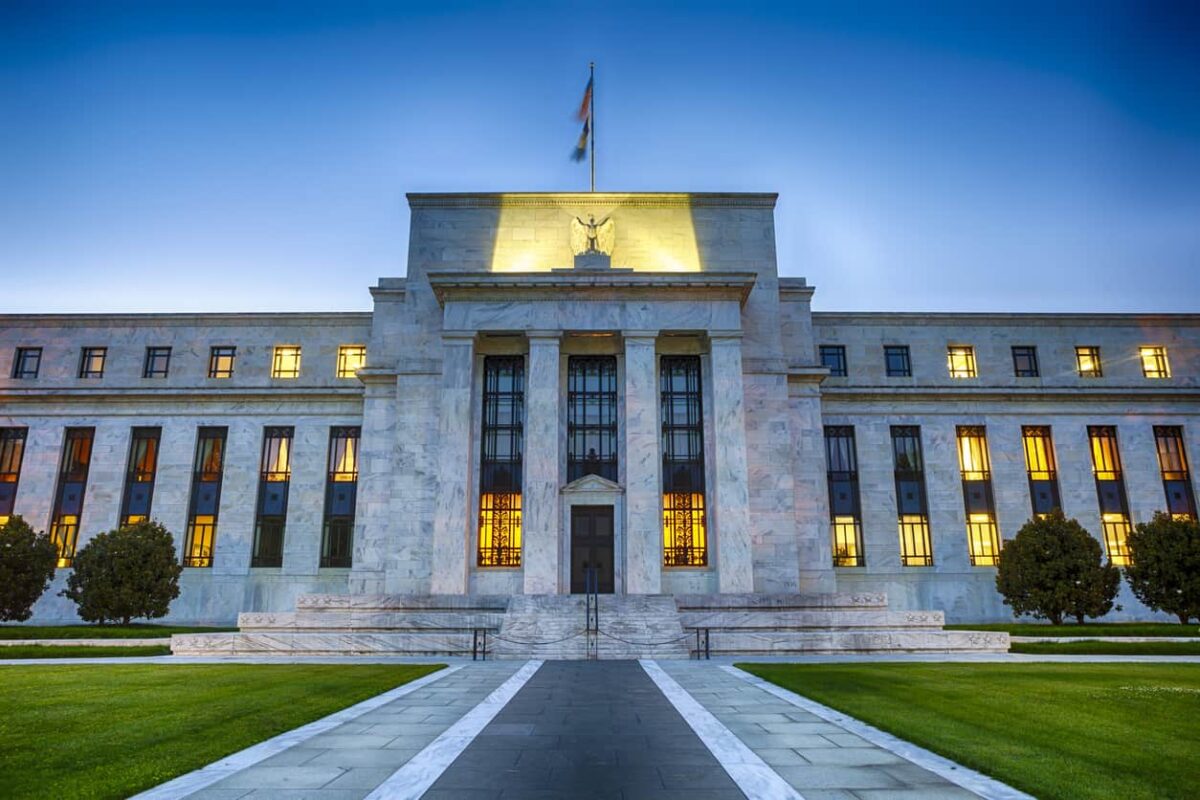Amidst ongoing worries about inflationary pressures, changing monetary policies, and geopolitical trade dynamics, the brief respite in financial market volatility offers an important opportunity for introspection. Analysts are carefully examining the possible effects on fiscal policy, international markets, and long-term economic growth expectations as important economic indicators approach.
Bond Market Relief Sparks Global Optimism
A stabilisation in bond markets has offered much-needed reprieve for investors, with US Treasury yields pulling back from multi-month highs. The benchmark 10-year Treasury yield retreated from a 14-month peak of 4.8%, while 30-year “long bond” yields steadied below the 5% threshold. These movements reflect tempered concerns about aggressive rate hikes by the Federal Reserve in the near term.
The New York Federal Reserve’s December consumer survey further added to market stability. It showed that one-year inflation forecasts were stable at 3%, three-year estimates increased somewhat to 3% from 2.6% in November, while five-year estimates decreased to 2.7% from 2.9%. After more negative readings in previous surveys, including the one from the University of Michigan last week, these numbers provide some relief to investors by indicating a more nuanced public view of inflation.
Despite this optimism, market expectations, as measured through Treasury Inflation-Protected Securities, remain elevated at nearly 2.5%—their highest level since October 2023. This underscores persistent concerns about the Federal Reserve’s ability to stabilise rising prices effectively.
Inflation Data and Trade Policies Under the Spotlight
Amidst ongoing worries about inflationary pressures, changing monetary policies, and geopolitical trade dynamics, the brief respite in financial market volatility offers an important opportunity for introspection. Analysts are carefully examining the possible effects on fiscal policy, international markets, and long-term economic growth expectations as important economic indicators approach.
In addition to inflation concerns, reports suggest a strategic shift in US trade policy. Sources indicate that emergency legislation could lead to gradual monthly tariff hikes of 2%-5%—a departure from large-scale, immediate increases. While this approach may prevent abrupt economic shocks, the prolonged nature of the measures raises questions about their impact on long-term trade relations and market volatility. The interplay between stabilising bond markets, nuanced inflation expectations, and evolving trade dynamics paints a complex picture for global financial health. As crude oil prices ease after hitting four-month highs due to US sanctions on Russia, another layer of uncertainty recedes. However, analysts caution that this calm may be temporary as broader inflationary and geopolitical pressures persist.









